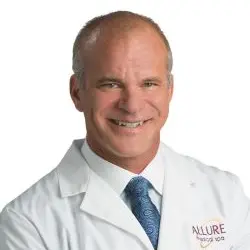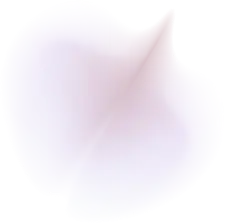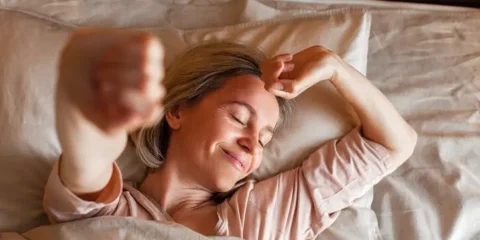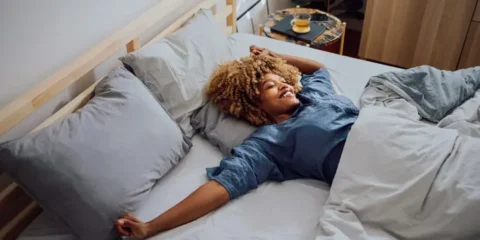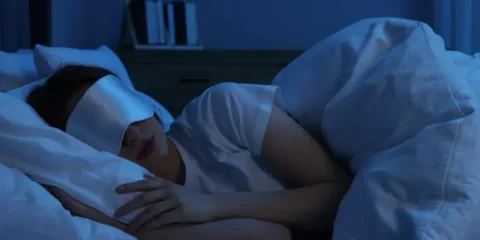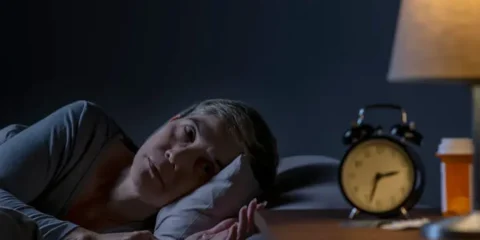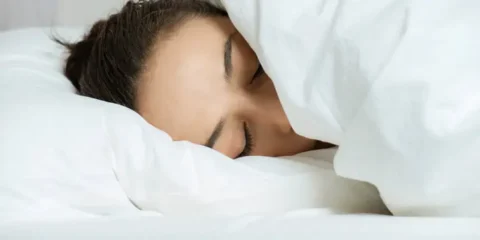At Allure Medical, we understand that sleep disorders can significantly impact quality of life.
From excessive daytime sleepiness to insomnia, sleep disturbances affect millions of Americans. Thankfully, modern medicine provides safe and effective pharmaceutical options to help patients achieve restful slumber.
Our experienced providers stay current on the latest sleep disorder medications to design personalized treatment plans.
Common Sleep Disorders and Symptoms
Before exploring medication options, let’s review some prevalent sleep disorders:
Insomnia
Insomnia involves habitual sleep initiation or maintenance troubles. Patients experience non-restorative sleep and impairment in daytime functioning. Symptoms include difficulties falling/staying asleep, early morning awakenings, and daytime fatigue.
Narcolepsy
People with narcolepsy experience irresistible sleep attacks during wakeful hours. This chronic neurological disorder also involves cataplexy (sudden loss of muscle tone), sleep paralysis, and hypnagogic hallucinations. Excessive daytime sleepiness is the primary symptom.
Restless Legs Syndrome (RLS)
RLS sufferers feel uncomfortable sensations in the legs combined with an irresistible urge to move them. Symptoms mainly occur during periods of inactivity and evenings, further disrupting sleep.
Sleep Apnea
This common breathing disorder involves repetitive cessation or reduction of breathing during sleep. Loud snoring, gasping awakenings, unrefreshing sleep, and daytime drowsiness may indicate sleep apnea.
Medication Types for Sleep Disorders
Several categories of prescription medications can effectively manage sleep disorder symptoms when combined with adjunct treatments like cognitive behavioral therapy.
Sedative-Hypnotics
These central nervous system depressants induce drowsiness and sleep by amplifying GABA activity. They treat insomnia and other disorders characterized by sleeplessness. Examples include:
- Benzodiazepines like temazepam (Restoril), triazolam (Halcion)
- Nonbenzodiazepines like zolpidem (Ambien), eszopiclone (Lunesta)
- Melatonin agonists like ramelteon (Rozerem)
- Orexin antagonists like suvorexant (Belsomra)
Our providers carefully prescribe sedative-hypnotics at the lowest effective dosages for limited periods due to dependence risks.
Stimulants
Stimulant drugs like methylphenidate (Ritalin) and modafinil (Provigil) counteract daytime drowsiness associated with narcolepsy and other hypersomnia disorders. Their energizing effects also help night shift workers stay alert.
Antidepressants
Certain tricyclic antidepressants like amitriptyline are sedating and used at bedtime for insomnia. Some SSRIs like fluoxetine (Prozac) treat cataplexy in narcolepsy. Our practitioners may prescribe antidepressants for underlying issues like anxiety or depression contributing to sleep disturbances as well.
Dopamine Agonists
Medications activating dopamine receptors are the first-line treatment for restless legs syndrome. Examples include ropinirole (Requip), pramipexole (Mirapex), and rotigotine (Neupro).
Non-Drug Therapies
While our medical providers utilize pharmaceuticals in many cases, we also offer non-drug options like cognitive behavioral therapy for insomnia (CBT-I). Relaxation techniques, sleep restriction, stimulus control, and addressing maladaptive thoughts can produce lasting improvements without medication reliance.
Our practitioners thoughtfully consider both drug and non-drug options when designing personalized sleep disorder treatment plans. We aim for the safest, most effective solutions tailored to each patient’s needs.
The NightLase® Solution for Sleep Problems
While sleep medications effectively treat many disorders, some patients prefer non-invasive alternatives. NightLase® therapy from Allure Medical offers a revolutionary solution for sleep apnea and snoring.
This breakthrough therapy uses laser energy to tighten oral tissue, opening obstructed airways for smoother breathing and deeper sleep. NightLase requires no anesthesia or chemical agents. A series of brief, pain-free in-office treatments can yield lasting improvements in sleep quality and daytime function.
Why Choose NightLase®?
- Non-invasive: No surgery or oral devices required.
- Effective: Research demonstrates reduced apneic events and snoring intensity.
- Convenient: Just 3-5 quick sessions over 2-3 months.
NightLase is changing lives by addressing sleep apnea through tissue-tightening phototherapy. Patients who want to avoid CPAP and other devices are achieving restful slumber without intrusive treatments.
Contact us to see if you may benefit from NightLase sleep apnea therapy.
Side Effects and Safety
While highly effective when used correctly, sleep medications also carry risks of side effects and misuse. Some potential adverse effects include:
- Daytime drowsiness, fatigue
- Cognitive and psychomotor impairment
- Falls, injuries
- Tolerance, dependence
- Withdrawal symptoms upon discontinuation
- Rebound insomnia if stopped abruptly
To promote safe use, our providers adhere to clinical guidelines for proper dosage, duration, and monitoring. We carefully screen patients for factors like substance abuse history and only prescribe sedative-hypnotics when clearly indicated for diagnosed disorders. Patients receive education on using sleep medications as directed and tapering off gradually if discontinuing.
Some medications used for sleep disorders can interact with other drugs or health conditions. Our experienced practitioners thoroughly evaluate medical history and any other medications to prevent complications. We assist patients in safely and effectively integrating pharmaceutical sleep aids within a comprehensive treatment plan.
Seeking Quality Care for Sleep Disorders
Difficulty sleeping takes an immense toll over time. The latest medications and therapies offer new promise for lasting relief. Our caring providers stay current through continuing education and clinical research, always striving to meet each patient’s needs. We consider all factors to design integrative treatment plans that help patients sleep better and live fuller lives.
To learn more about your treatment options, please contact us today. We look forward to helping you achieve restful nights and energized days. Sleep better. Live better. Trust the sleep disorder experts at Allure Medical.
Frequently Asked Questions About Sleep Disorder Medications
What prescription drugs are used for sleep disorders?
Common medications prescribed for sleep disorders include sedatives like benzodiazepines and nonbenzodiazepines, stimulants for narcolepsy, dopamine agonists for restless legs syndrome, and certain antidepressants.
What is the most commonly prescribed sleep aid?
The most frequently prescribed sleep medications are non-benzodiazepine sedative-hypnotics like zolpidem (Ambien), zaleplon (Sonata) and eszopiclone (Lunesta).
What medicine is best for insomnia?
For short-term insomnia, sedative-hypnotics like zolpidem, zaleplon, or triazolam are most effective when used judiciously. Safer long-term options include ramelteon, doxepin, or cognitive behavioral therapy.
What prescription drugs keep you awake?
Stimulant medications like amphetamine-based drugs (Adderall), methylphenidate (Ritalin), and modafinil (Provigil) can promote wakefulness for disorders involving excessive sleepiness.
What is the newest prescription sleep medication?
The latest prescription sleep drug approved by the FDA is lemborexant (Dayvigo), an orexin antagonist for treating insomnia. It is less prone to tolerance and dependence than older sedatives.
What vitamins help with sleep disorders?
Some natural supplements like melatonin, valerian, and magnesium may modestly improve sleep quality. Vitamin D deficiency is also associated with sleep disorders.
What is the best medication for sleep apnea?
While no drug cure exists, modafinil is sometimes used during the day to reduce residual sleepiness with CPAP therapy at night. Hypoglossal nerve stimulators are another option.
How do you treat restless leg syndrome permanently?
Dopamine agonists like pramipexole and ropinirole are the most effective long-term treatments for restless legs syndrome. Non-drug therapies provide additional relief.
Is sleeping pill addiction common?
Unfortunately yes, sedative-hypnotic dependence is relatively common. Our providers follow guidelines to minimize addiction risks through careful prescribing, patient education, and tapering off slowly.
How do you wean off sleeping pills?
To minimize withdrawal symptoms, sleep medications should be gradually tapered under medical supervision based on the specific drug. We assist patients in developing schedules to safely wean off sleep aids.

